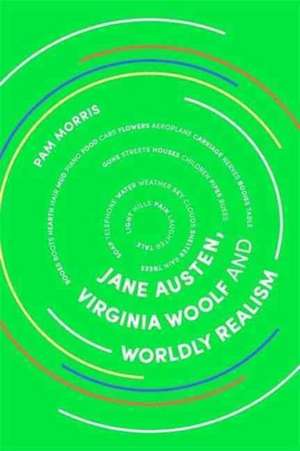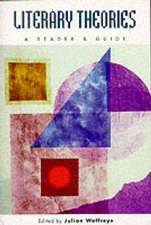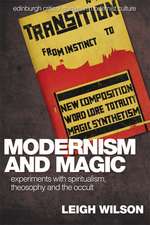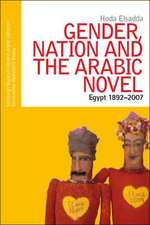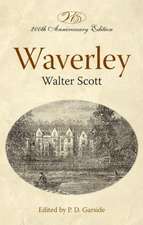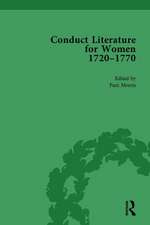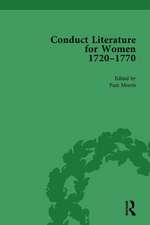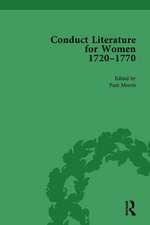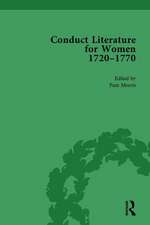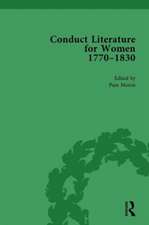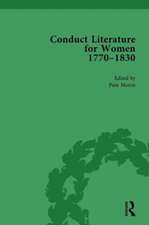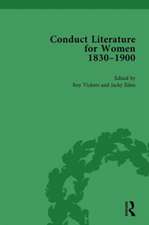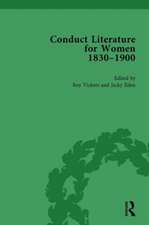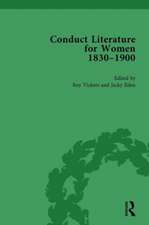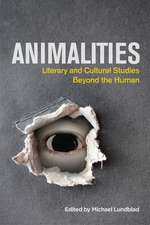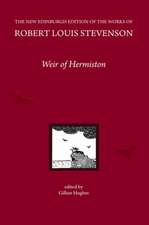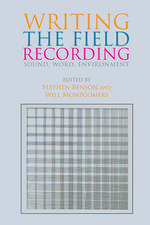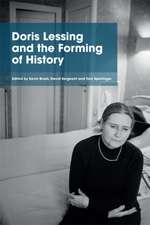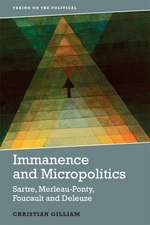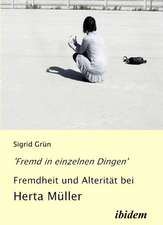Jane Austen, Virginia Woolf and Worldly Realism
Autor Pam Morrisen Limba Engleză Hardback – 18 ian 2017
| Toate formatele și edițiile | Preț | Express |
|---|---|---|
| Paperback (1) | 223.44 lei 43-57 zile | |
| EDINBURGH UNIVERSITY PRESS – 13 aug 2018 | 223.44 lei 43-57 zile | |
| Hardback (1) | 554.62 lei 22-36 zile | |
| EDINBURGH UNIVERSITY PRESS – 18 ian 2017 | 554.62 lei 22-36 zile |
Preț: 554.62 lei
Preț vechi: 677.16 lei
-18% Nou
Puncte Express: 832
Preț estimativ în valută:
106.13€ • 111.09$ • 88.33£
106.13€ • 111.09$ • 88.33£
Carte disponibilă
Livrare economică 10-24 martie
Preluare comenzi: 021 569.72.76
Specificații
ISBN-13: 9781474419130
ISBN-10: 1474419135
Pagini: 224
Dimensiuni: 163 x 239 x 20 mm
Greutate: 0.59 kg
Editura: EDINBURGH UNIVERSITY PRESS
ISBN-10: 1474419135
Pagini: 224
Dimensiuni: 163 x 239 x 20 mm
Greutate: 0.59 kg
Editura: EDINBURGH UNIVERSITY PRESS
Descriere
Using close readings from Sense and Sensibility, Mrs Dalloway, Emma, The Waves, Persuasion and The Years, this book demonstrates the materialist sensibilities of Austen and Woolf.
